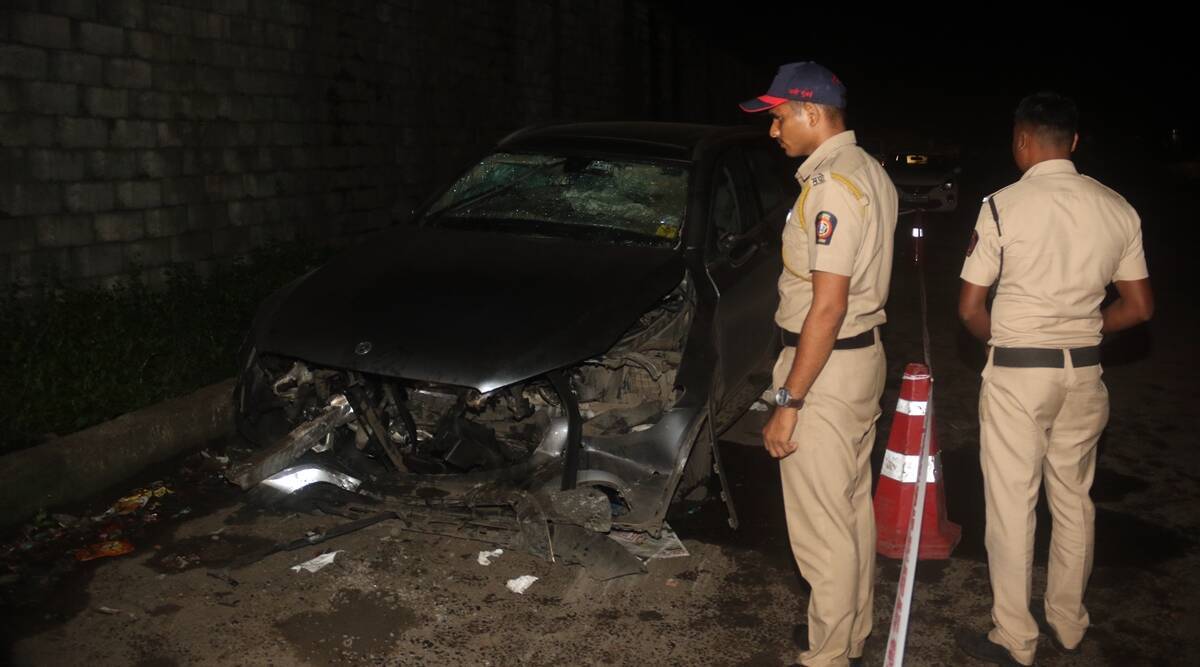Orthopedicians have made a strong case for mandatory use of seat belts even among the rear seat occupants in a car. Sudden braking often leads to deceleration injuries that can be fatal. At Pune’s Sancheti Hospital, nearly 2,500 persons who have had severe injuries in road accidents are operated upon annually while the trauma care centre of Lokmanya Hospital at Nigdi treats not less than 1,000 road accident victims every year.
Even as the tragic death of Cyrus Mistry, former chairman of Tata Sons, has put the focus on the importance of wearing seat belts, at the Indian Orthopaedic Association, the theme this year is ‘Each One, Save One’. It puts the spotlight on deaths occurring due to trauma and accidents in India.
Dr Chetan Pradhan, president, Pune Orthopaedic Society, who is also the chief of trauma care at Sancheti Hospital, said that daily they were getting five new patients who had sustained injuries in road accidents. “At district level associations too we are following the same theme of saving trauma victims and stepping up awareness by training police, school and college students, firemen and others on road safety practices,” Dr Pradhan said.
Wearing a helmet on a two-wheeler and seat belt in a four wheeler is an absolute must, Dr Pradhan said.
Globally, nearly 1.3 million people die each year as a result of road traffic crashes. In India, according to the recent data from National Crime Records Bureau, road crashes claimed 1.55 lakh lives in 2021. The United Nations General Assembly has set an ambitious target of halving the global number of deaths and injuries from road traffic crashes by 2030 and as per the Centres for Disease Control and Prevention, wearing seat belts reduces one’s risk of suffering injuries or death by about half.
Dr Abhijit Wahegaonkar, former secretary, Pune Orthopaedic Society, told The Indian Express that whiplash injuries often occur due to these accidents where the head is forcefully and quickly thrown backward and then forward. Wearing seat belts in a car is an absolute must, he said.
“Motor vehicles have greater safety features with airbags, lane departure prevention systems. But what people forget is that the first line of defence is a seat belt. The general notion is that with all these advanced systems, one is safe and most times people forget to wear the seat belt,” said Dr Mayur Kardile, consultant spine surgeon at Jehangir Hospital.
Dr Shrikrishna Joshi, vice-president, Lokmanya Group of Hospitals, is appalled that despite awareness about road accidents on highways and expressways, there is a distinct aversion to wearing a seat belt. “We treat at least 1,000 such road accident victims from Pune-Mumbai expressway, old national (NH-4) highway and even along the Nashik highway every year at the trauma care centre at Nigdi. The severity of the injury often depends upon the nature of the accident whether it was head to head collision, a hit from the rear or oblique side. We almost always get cases of polytrauma – which apart from a head injury there is impact on the chest ribs and femur fractures,” Dr Joshi said.
Seat belts are designed to protect critical and vulnerable areas and there can be traumatic injuries in a serious road accident that can be fatal, Dr Neeraj Adkar, Head of the Department of Orthopaedics at Ruby Hall Clinic told The Indian Express.
Similarly, spinal cord injuries can have severe consequences and impair the quality of life, he said and urged that wearing seat belts should be made compulsory.
.


